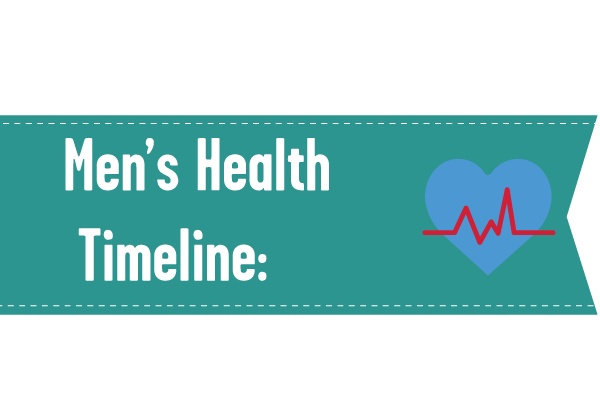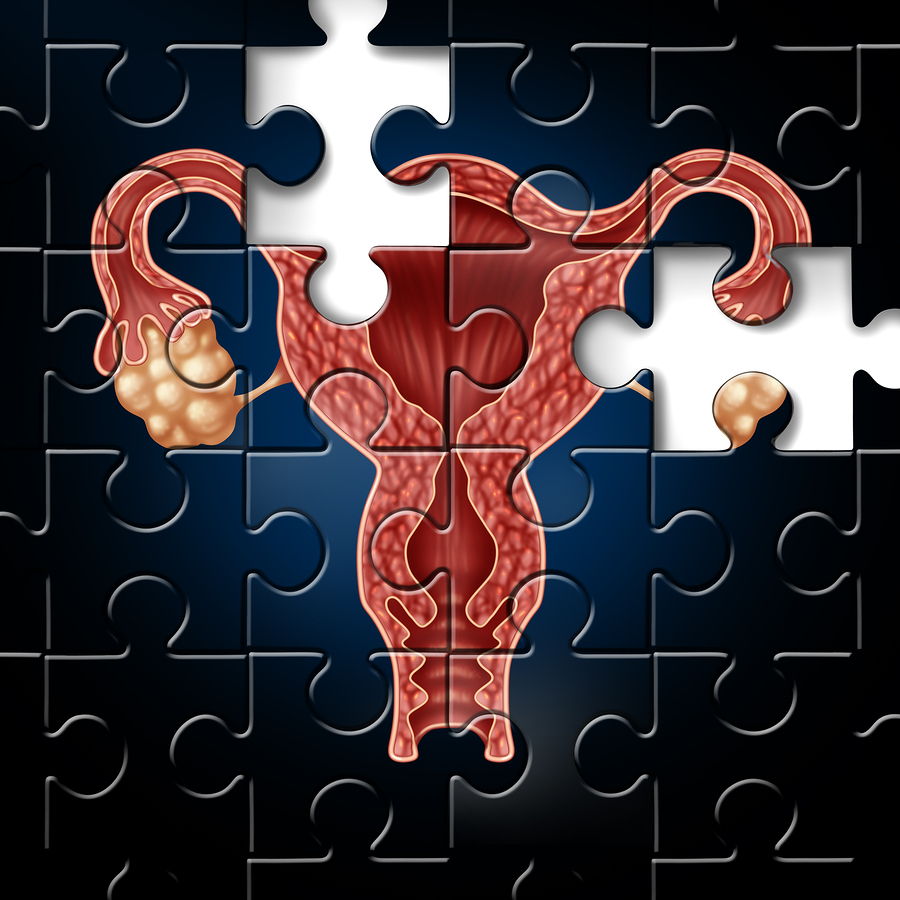Women's Health Timeline
Everyone knows that early detection saves lives, so what health concerns should women be mindful of?
Establishing a habit of monitoring your health at all ages is essential, but at different stages we face unique concerns.

Women in their 20s and 30s
Staying healthy may not be the foremost thought in a 20 year old’s mind (or indeed in a 30 year old’s), but taking care of your health now is a good idea, as the decisions you make now will affect your health later in life. Webdoctor.ie recommends:
- Regular blood pressure tests. Every 6 months if on a contraceptive pill.
- Cholesterol test every 5 years if healthy and more frequent if not.
- Create healthy habits by maintaining a good diet and regular exercise.
Feel the burn
Regular exercise is imperative in helping to prevent obesity, high blood pressure, high cholesterol and in turn, heart disease in women of all ages. Staying active can also lead to other healthy habits, so it’s a win-win. If exercise does not come naturally to you, try building up your stamina with our couch to 5k programme, which can be done at your own pace. Even if you are working in an office environment, there is no excuse! We have a workout just for you.
Eat well
A woman’s metabolism starts to slow down in her 30s, so it becomes even more important at this age to improve your eating habits. Maintaining a food journal is often a good idea while swapping carbs and sugary snacks for vegetables and low GI foods will instantly boost your health. Here is some advice to help you beat the sweets!
No smoking
Smoking can lead to lung cancer, as well as heart disease and emphysema. It also causes a breakdown in the skin’s collagen which will make you look older than you actually are. If you are a smoker, quit now.
Always wear sunscreen
It’s not just for the summer holidays; a good sunscreen that blocks UVA and UVB rays should be applied every day. Being aware of the early signs of skin cancer is very important, particularly among young people.
Safe sex
The incidence of STIs such as gonorrhea or chlamydia among young people is on the rise and although easily treatable (with antibiotics), can lead to serious health concerns if not detected. Women in this age group and at every age should always insist on a condom and carry their own supply to prevent the infections mentioned above, along with other diseases such as HIV, syphilis and herpes. It is recommended to get an STD screening every year that you are sexually active with more than one partner. You can get an STI kit sent discreetly to your home, so you can always know your status. So there is no excuse for not knowing your status.
Dr Mooney’s advice:
"Always practice safe sex by using a barrier method such as a condom for any sexual activity to minimise the risk of sexually transmitted diseases. If you notice any symptoms affecting urination or causing unusual discharge or pain lower down in the pelvis, then always get medical advice preferably in a face to face consultation. The sooner a cause is found, the sooner you will relax!"
Alcohol in moderation
Drinking more than the recommended weekly guidelines can increase a woman’s risk of breast cancer and other medical problems. Binge drinking in your 20s and 30s can lead to high blood pressure, liver damage, and other health problems.

Women in their 40s and 50s
Trying to balance work, kids and looking after ageing parents makes taking care of yourself in your 40s and 50s a difficult but very important task. Webdoctor.ie recommends:
- Yearly blood pressure tests - more often if you test high
- Cholesterol tests (every 5 years)
- Following healthy habits in your daily routine for diet and exercise.
Health Watch
Bone health
Upping your calcium intake in your 40s and 50s to help prevent osteoporosis is a good idea, particularly as a woman enters the menopause. If you think your diet is lacking dairy, your GP might recommend taking a daily supplement with calcium and vitamin D (you need vitamin D to properly absorb calcium).
Get a mammogram
Women aged 50 to 64 years of age can avail of a free yearly mammogram through BreastCheck, the national breast screening programme. Women in this age group are strongly encouraged to go for screening as the disease is extremely treatable if caught early.
Menopause
Generally, women reach the menopause at the age of 52 when they haven’t had a period for one year. Symptoms can include night sweats, hot flushes and irritability, but treatments are available from your GP that can help make the transition easier. If you would like more information, speak with a GP.
Birth control
Women at this age may want to consider changing their contraceptive methods; switching from the pill to perhaps an IUD or oestrogen patch is recommended as some birth control pills can lead to increased cardiovascular risks.
Cervical cancer
Whether you’re 25 or 65, women are encouraged to visit their GP regularly for a smear test, the best way to detect changes in the cells of the cervix. The National Cervical Screening Programme (CervicalCheck) provides free smear tests to women aged 25 to 60. A free smear test can be obtained with any nurse or doctor registered with CervicalCheck.

Women in their 60s and beyond
The good habits developed in earlier years will show their true value now. Keep following the healthy habits in your daily routine for diet and exercise. Webdoctor.ie recommends:
- Yearly blood pressure tests - more often if you test high.
- Cholesterol tests (every 3 to 5 years)
- Eye and hearing tests
Health Watch
Avoid the flu
Women in this age group should get a flu vaccine every year. According to the HSE, flu can cause around 1,000 deaths in Ireland during a severe season, so it’s important to protect yourself. Check out our blog for more information.
Staying mobile
Reduce your risk of falling by strengthening your legs through resistance training. Osteoporosis is also a concern for women in this age group, so building bone density (moderate intensity exercise) is crucial.
Reducing the risk of cancer
Maintaining a healthy weight can help lower your risk of cancer. Women aged 60 and beyond are encouraged to exercise for 30 minutes at a moderately intense level three days a week.
Eye health
It’s estimated that almost all of us will have to wear glasses or contact lenses by the age of 65. Regular eye tests will also identify diseases such as cataracts, glaucoma and general health problems like high blood pressure and diabetes.
Use your brain
It’s important to keep your brain active as you get older. New hobbies, socialising and even doing crossword puzzles all ensure your brain stays busy and alert.
Webdoctor.ie treats women of any age. To speak with an Irish-registered GP today, book a video consultation online.




